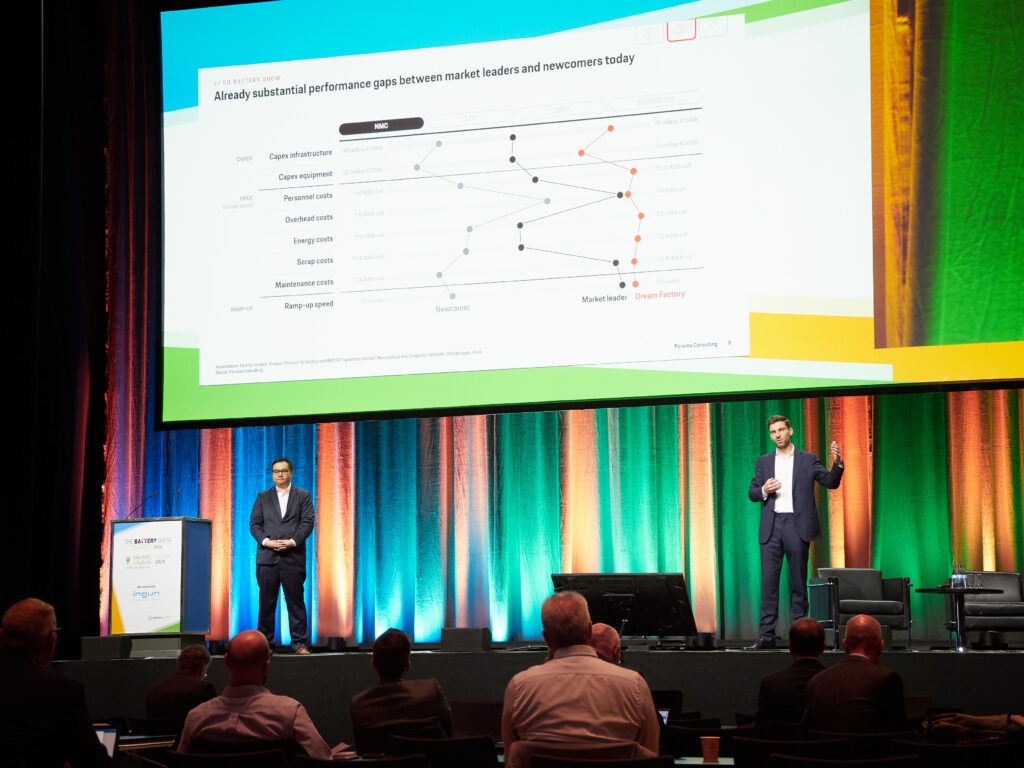In a world where climate change poses an existential threat, it is alarming to note that the fashion industry alone contributes over 10% of global carbon emissions. This staggering figure underscores the urgent need for eco-friendly business practices that prioritize sustainability and environmental stewardship.
Click to find more about eco friendly business.
The Essence of Eco-Friendly Business Attributes
Eco-friendly businesses are characterized by their commitment to sustainable practices, which encompass everything from sourcing materials responsibly to minimizing waste throughout production processes. These enterprises often integrate innovative design trends that emphasize circularity—designing products with their end-of-life in mind. Additionally, they focus on using renewable resources and reducing energy consumption, thereby aligning product attributes with ecological preservation goals.
Find more about scam victim support.
Scam Victim Support and Design Trends in Eco-Friendly Businesses
A critical aspect of eco-friendly business models is the support provided to scam victims within the community. As these businesses grow, they often engage in educational initiatives aimed at raising awareness about fraudulent schemes targeting consumers interested in sustainable products. In terms of design trends, this support manifests through transparent labeling practices and ethical marketing strategies that empower consumers to make informed choices while fostering trust between brands and customers.
The Battery Show: Pioneering Design Trends for Sustainability

The Battery Show exemplifies how eco-friendly principles can be integrated into cutting-edge design trends:
- Sustainable Materials: The show highlights innovations utilizing recycled or bio-based materials for battery components.
- Circular Economy Practices: Emphasis on designing batteries for easy disassembly promotes recycling and reduces landfill waste.
- Energy Efficiency: Exhibitors showcase advancements in battery technology aimed at enhancing energy storage efficiency while lowering environmental impact.
- User-Centric Designs: Products are designed not only for performance but also ease of use, encouraging consumer engagement with sustainable technologies.
- Ecosystem Collaboration: The event fosters partnerships among manufacturers, researchers, and policymakers focused on creating a more sustainable future through innovation.
A Concluding Reflection on Eco-Friendly Business Design Trends
This exploration reveals that eco-friendly businesses are not merely trendsetters; they embody a transformative approach towards sustainability embedded within their core values. By integrating responsible design trends into their product attributes—such as transparency, recyclability, and user engagement—they pave the way toward a greener economy while addressing pressing social issues like consumer protection against scams. Ultimately, embracing these principles will be crucial as we navigate our collective journey toward environmental responsibility.

